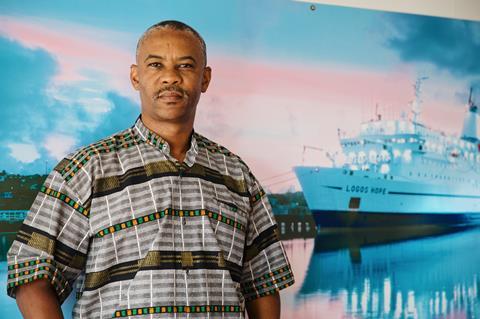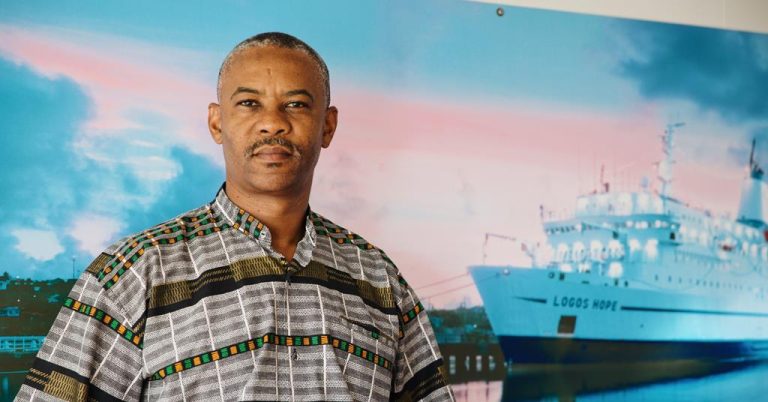
Churches, mission agencies, and the modern mission movement have been greatly used by God to expand His kingdom and accomplish His great mission. They have spread the good news to new generations around the world, planted churches among less affected indigenous groups, and helped support local communities by providing education, health care, and aid.
But what churches and mission agencies should consider is engaging with communities in a way that demonstrates they understand the fullness of the Kingdom of God. In other words, looking for transformation in all areas of society. For example, missions rarely engage in business, even if they benefit from it, and most are not equipped to speak out in these areas.
The result is a narrow understanding of what it means to be both a church and a missionary, and a reduced ability to influence culture for the gospel.
In my conversations with African pastors, I discovered that many thought that expanding the Kingdom of God meant building the Church, rather than participating in the coming of the Kingdom on earth as it is in heaven – as Jesus prayed.
African leaders have shaped global theology throughout history
Part of the problem is that many Africans view Christianity as an imported religion rather than a continent that has always been part of God’s story. When I ask pastors at Christian leadership conferences how many references to Africa or Africans they can recall in the Bible, most can count them on their fingers, when in fact there are more than 1 000.
African pastors are often amazed when they discover that African leaders have played a key role in shaping global theology throughout church history. It was St. Augustine, one of the early Church Fathers, who first coined the term “Trinity,” and he was from North Africa. The same goes for mission history, since most biographies were written by missionaries who went has Africa. African mission stories are not told, but they should be.
An African man moved to the United States ten years ago to plant a church. He ventured into the corporate world, eventually becoming the administrator of a small business in town. He was instrumental in starting a movement to transform the city involving 100 churches and was eventually elected mayor of the city. The head of a global mission agency lived in the same city and said: “It’s incredible to think that one of the sons of Africa – who loves Jesus very much – is now in a strategic position as mayor to influence the development of my city and serve as mayor. example across the country. This is just one example of how God is using African missionaries today.
Using the words “mission” and “missionary” can be very problematic today because of their historical associations with slavery, colonialism, and the idea that you can only be a missionary if you are sent overseas by a network of churches or a missionary organization. If being part of a mission agency was a prerequisite for mission work, then 99% of Africans would feel like they could not be missionaries.
God can and does work across the African diaspora in the UK, using their skills and experience to contribute to the realization of his kingdom and the transformation of British society. Do we see them as participants in God’s mission?
OM empowers pastors and Christians to realize the Kingdom of God in their nation, encouraging them to integrate their faith into daily life and influence culture with their beliefs. For more information, visit fr.om.org
Interested in global mission? Listen Babel undonea new podcast to help Christians around the world learn from each other


